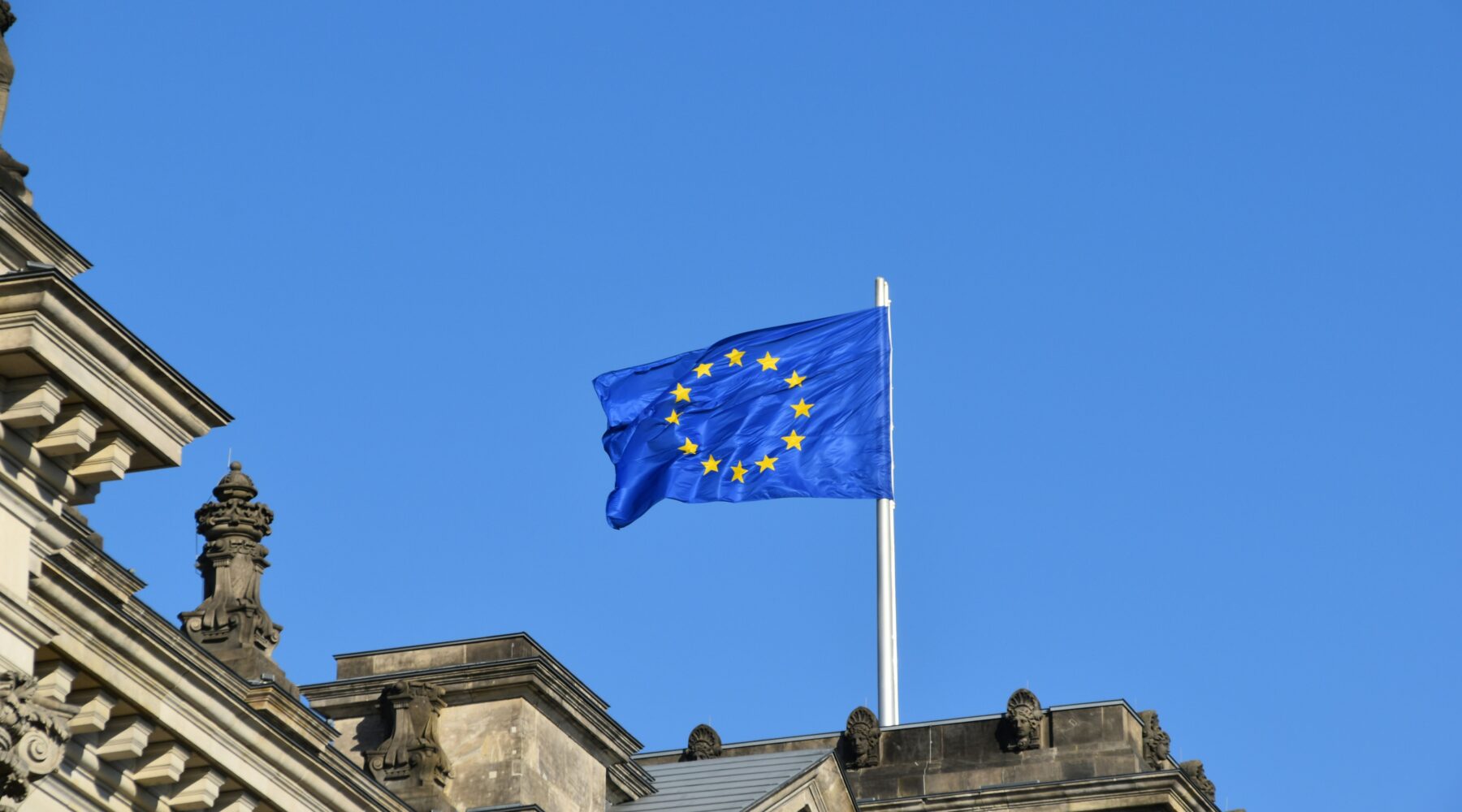


In 18 October 2024, the Hungarian Presidency hosted a conference titled “Shared Responsibility: Cooperation Between States and Religious Communities in Europe”. The event, organised under the framework of Article 17, excluded non-confessional organisations and representatives of religious minorities.
In a joint statement, Humanists International, the European Secularist Network, the European Association for Free Thought, and Egale criticized the lack of representation and called for more balanced engagement in future dialogues. The statement highlighted that humanist, secularist, and freethinking perspectives represent a significant segment of Europe’s population and should not be overlooked.
“The exclusion of non-confessional organisations, along with the absence of representatives from religious minorities, fails to reflect the diverse range of beliefs and worldviews that shape European societies”, the statement reads.
The signatories of the statement urged the upcoming Council Presidency trio (Denmark, Poland and Cyprus) to ensure that the Article 17 dialogue is equitable and constructive, engaging with both religious and non-confessional organisations.
For context, the Council of the European Union is a decision-making body of the EU, where Ministers from the 27 Member States meet to adopt laws and coordinate policies. Each Member State’s interests are represented by its Permanent Representation, which consists of ambassadors and diplomats based in Brussels who manage the day-to-day work of the Council. Further, the Council Presidency, held by a different EU member state every six months, is responsible for setting priorities, organizing and chairing meetings, and driving the Council’s legislative work during its term.
Featured photo by Waldemar on Unsplash